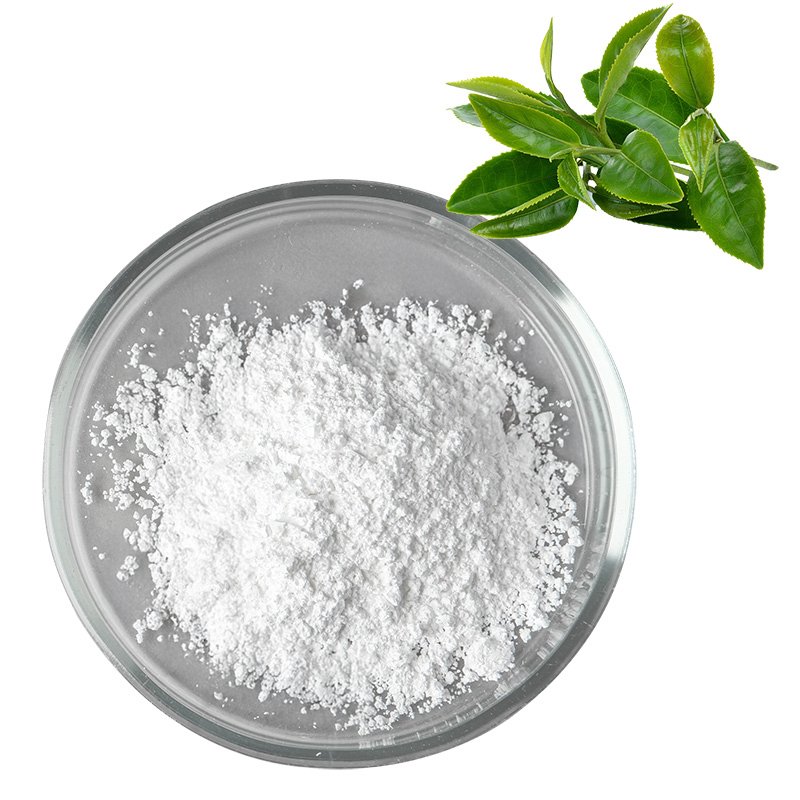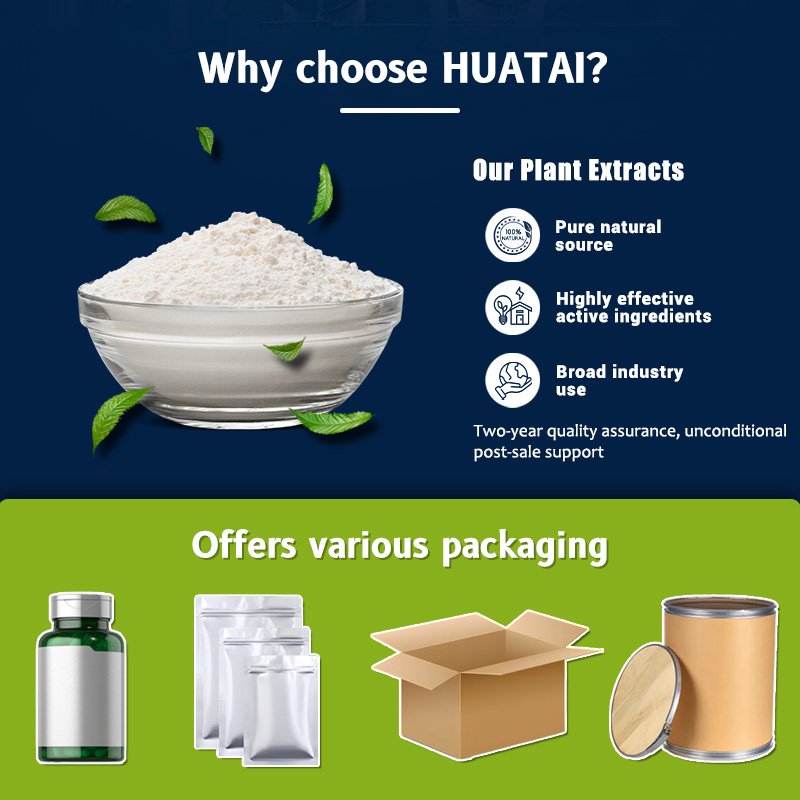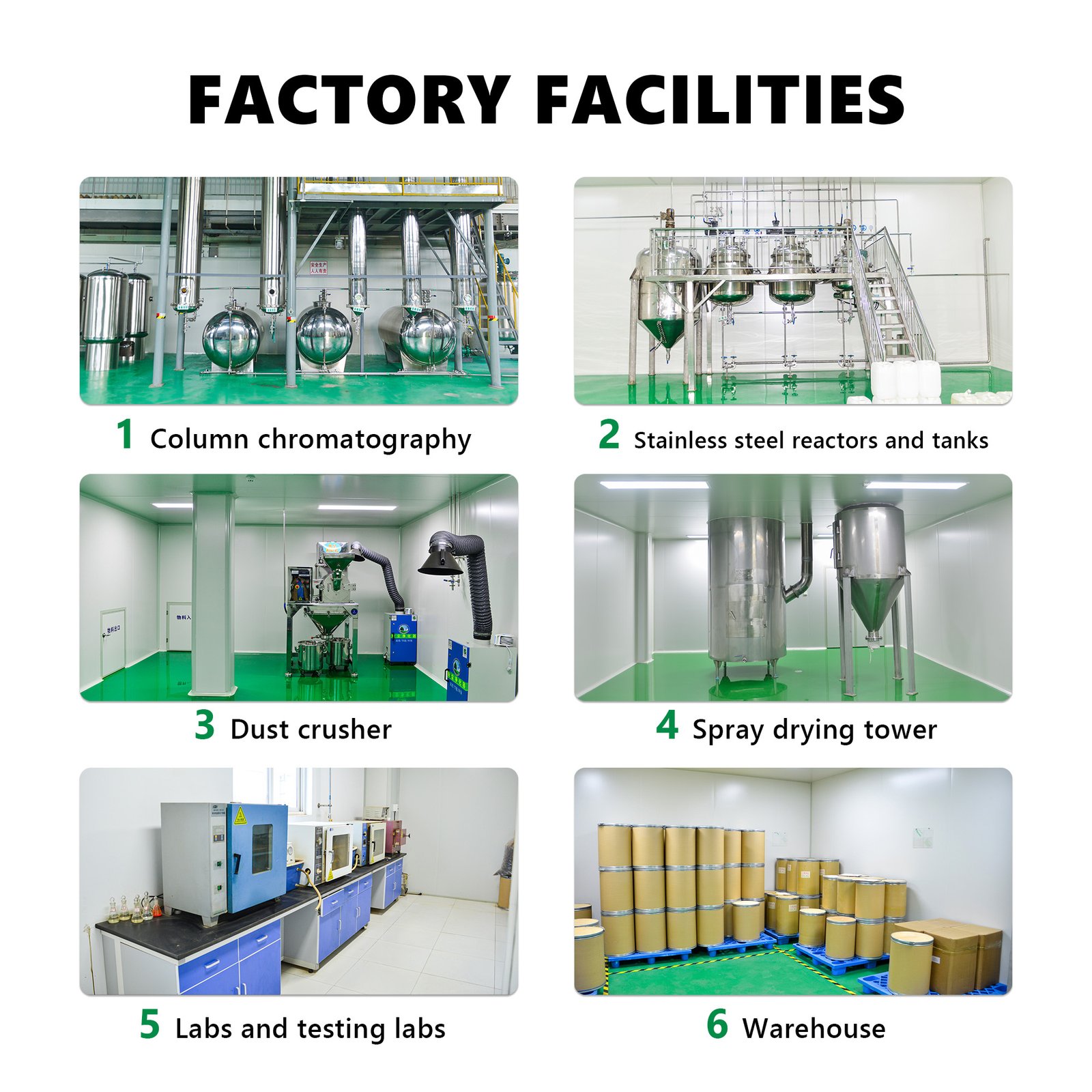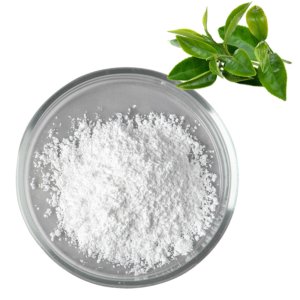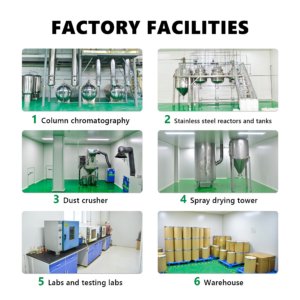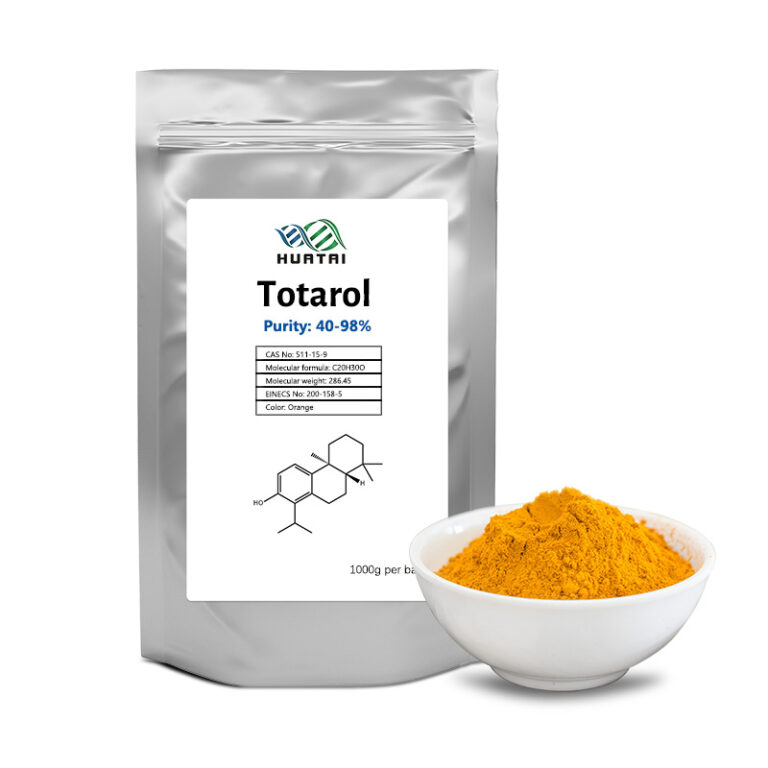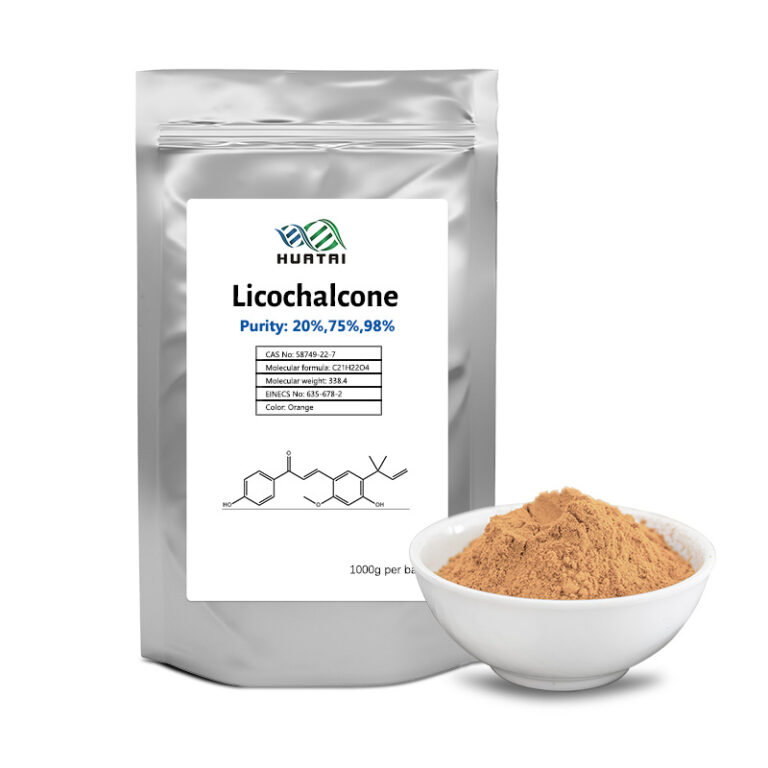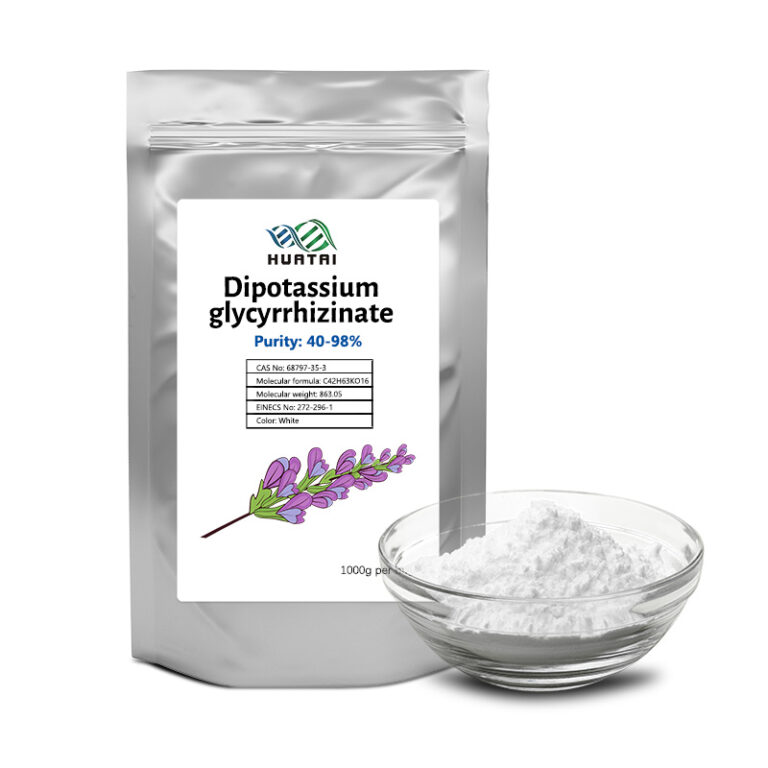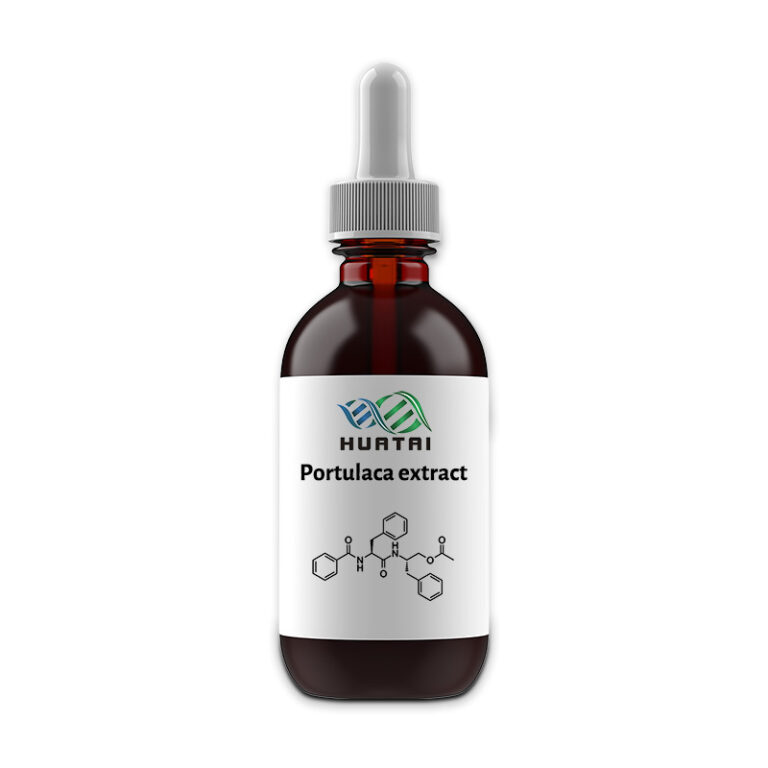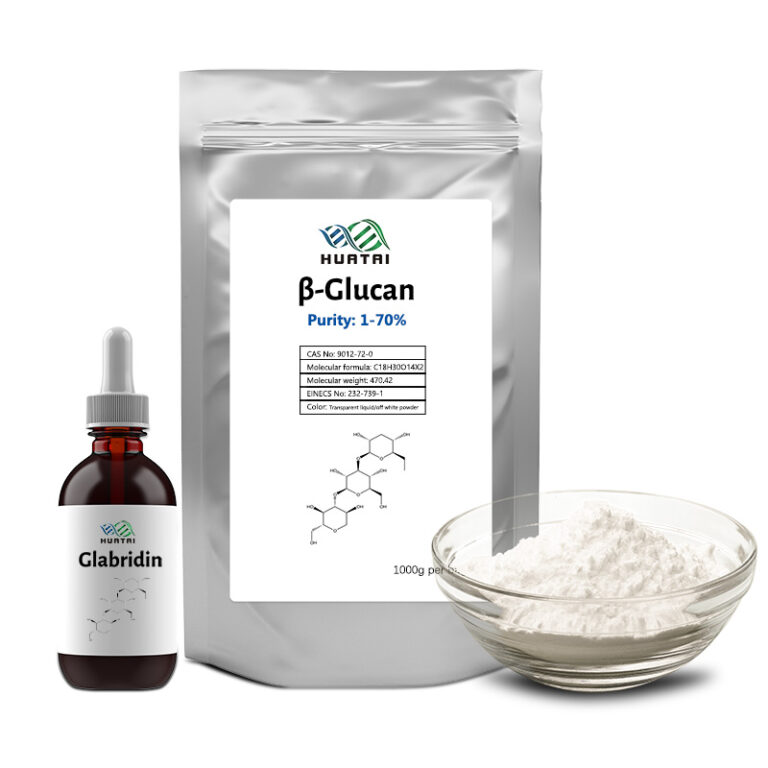L-Theanine – A Natural Relaxation and Focus Enhancer
L-Theanine is a naturally occurring amino acid primarily found in green tea. Known for its ability to promote relaxation without sedation, it works by influencing neurotransmitters such as GABA, dopamine, and serotonin. This unique property makes it widely used in functional nutrition products that aim to support focus, mood balance, and sleep quality.
✔ Key Benefits and Features
- Calming Without Drowsiness: Encourages mental relaxation by increasing alpha brain wave activity while keeping alertness intact.
- Supports Cognitive Performance: Helps improve attention, memory, and stress resilience under demanding conditions.
- Improves Sleep Quality: Promotes deeper, more restful sleep by easing mental tension—especially effective when combined with magnesium or melatonin.
- Safe and Non-Habit Forming: Well-tolerated even at higher doses and suitable for long-term use.
🧪 Technical Specifications
| Parameter | Description |
|---|---|
| INCI Name | Theanine |
| CAS No. | 3081-61-6 |
| Molecular Formula | C₇H₁₄N₂O₃ |
| Molecular Weight | 174.2 g/mol |
| Appearance | White or off-white crystalline powder |
| Odor | Odorless or slightly characteristic |
| Solubility | Highly soluble in water; soluble in hot ethanol |
| pH Stability | Stable in pH 4.0–8.0 |
| Recommended Dosage | 50–400 mg/day (depending on application) |
| Packaging | 1kg / 5kg / 25kg aluminum foil bag or fiber drum (customizable) |
🌿 Why Choose L-Theanine?
- Provides calm focus without causing fatigue
- Improves concentration and mental clarity
- Supports emotional balance and restful sleep
- Suitable for functional beverages, capsules, powders, and gummies
- Ideal for stress management and mood-support formulations
📦 Documentation and Support
Technical support and full documentation are available upon request, including:
- Technical Data Sheet (TDS)
- Certificate of Analysis (COA)
- Material Safety Data Sheet (MSDS)
- Sample and formulation support
Formulation Tip: For optimal effectiveness, incorporate L-Theanine during the final mixing stage at temperatures below 50°C. Avoid exposure to strongly acidic or alkaline conditions to preserve its functional integrity.

